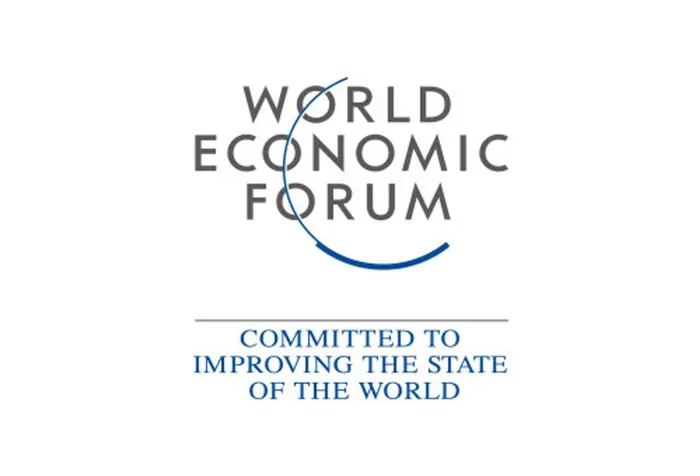Readiness for digital revolution, economic growth, key WEF topics

Cape Town - Africa’s preparedness for the digital revolution, responsible leadership on the continent and inclusive economic growth are some of the key topics expected to come under the spotlight at the World Economic Forum on Africa which kicks off tomorrow.
The three-day gathering at the Inkosi Albert Luthuli ICC in Durban will bring together more than 1000 leaders from business, civil society and government from more than 100 countries.
Some key African leaders expected to attend include the president of Senegal, the Prime Minister of Namibia, the President of Uganda, the King of Swaziland, President of Mauritius, Vice-President of Ghana and the Presidents of Zambia and Mozambique.
Elsie Kanza, head of the Africa World Economic Forum, said the Durban gathering would be a continuation of conversations at the Davos meeting in January. It would focus “very much on actual conversations with leaders who can do something about the current situation”.
One of the discussions will be the paradox of the continent having so much land and mineral resources, yet being unable to feed itself, Kanza said.
“There is a concern that the pursuit of growth has not translated to the benefits citizens are expecting. There is a lot of frustration.
"There are not enough jobs, there is a deterioration in living standards and pressure on leaders to become more responsive and responsible
to their citizens. In Davos we interrogated what that means for the leaders,” Kanza said.
Regarding discussions on the fourth industrial revolution, Kanza said the major concern was that Africans should not be left out because of a lack of investment in things like connectivity.
Read also: Durban alive to WEF forum
Deputy Finance Minister Sfiso Buthelezi said the focus on inclusive growth resonated with the government’s stance to fast-track economic transformation by ensuring more people participated in the economy. He said the government was looking forward to discussions on the issue.
“It talks about ensuring citizens get involved in economic activity. It talks to all citizens being part of the means of production. It talks about beneficiation of the primary products we have, so we add value to our goods before we export them.”
Buthelezi said the Davos meeting reflected on the underlying need for the reform of global and national economies.
“It is evident globalisation and capitalism have to be better managed and harnessed to address the increasing discontent experienced by citizens not only in Africa but globally.”
Buthelezi said the Durban meeting would be an opportunity for Africa to ensure that addressing inclusivity and inequality remained top of the global agenda.
“It is an established economic theory that unequal societies are the most unstable. There is a correlation between instability and investment. If you are unstable you cannot hope to get investment.”
Asked if developments in the country, including recent cabinet changes, would overshadow the meeting, Buthelezi said: “I hope not. I do not think it will, because I think we are faced with pressing issues to try and create an equal world.”